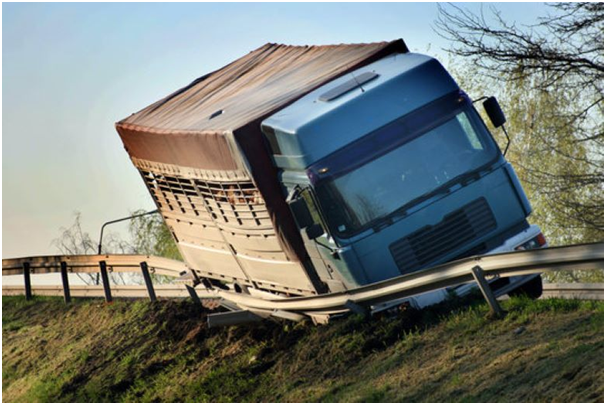A truck accident can turn your life upside down in an instant. One moment, you are driving to work; the next, you are dealing with injuries, medical bills, and a whole lot of stress. If your case is heading to court, it is normal to feel anxious and uncertain about what might come next.
Luckily, knowing what to expect can ease some of that anxiety and help you feel more prepared. Before diving into the courtroom details, it is important to understand that most truck accident cases are settled outside court. But when a fair settlement cannot be reached, your case may need to go before a judge and possibly a jury.
That is when having strong legal representation becomes essential. If you have not already, now is the time to get legal help for a truck accident claim. An experienced lawyer can walk you through every step and protect your rights.
Pre-Trial Preparation
Before you ever set foot in a courtroom, much preparation is involved. First, your attorney will gather all relevant evidence, including police reports, medical records, witness statements, and possibly even accident reconstruction reports.
You may also be asked to provide a deposition. This phase is crucial because both sides get a clear picture of the facts and start building their arguments. Your lawyer will also inform you of settlement offers and help you decide whether going to trial is the best move.
Understanding the Courtroom Setting
Walking into court can be intimidating if you do not know what to expect. A truck accident trial will be held in a civil courtroom, which may involve a judge and a jury. The courtroom will include a judge’s bench, a jury box, and tables for the plaintiff (you) and the defendant, usually the truck driver, trucking company, or insurance provider.
Therefore, it is important to dress neatly and remain respectful. While you do not need to wear a suit, appearing clean and well-groomed sends the right message.
What Happens During the Trial
A truck accident trial usually follows a predictable pattern:
- Opening Statements: Your lawyer and the defense will outline their case and what they intend to prove.
- Presentation of Evidence: Your side will present evidence first. This may include your medical records, photos from the accident, expert testimony, and witness accounts. You may also be called to testify about how the accident has impacted your life.
- Cross-examination: The defense will have a chance to question you and your witnesses, and your attorney will do the same with theirs.
- Closing Arguments: Both sides will summarize their arguments and try to persuade the jury to rule in their favor.
- Jury Deliberation and Verdict: If there is a jury, they will go into a private room to discuss the case and reach a verdict. If it is a bench trial, the judge will make the decision.
After the Verdict
If the jury or judge rules in your favor, the court may award you compensation for your damages. This can include medical expenses, lost wages, pain and suffering, and other losses. Remember that even after a favorable verdict, collecting payment can sometimes be a separate process, especially if the defendant appeals the decision.
On the other hand, if the outcome is not in your favor, your lawyer may explore the option of filing an appeal, though that is a separate process with its own rules and timelines.
Conclusion
In conclusion, going to court as a truck accident victim can feel overwhelming, but you do not have to face it alone. With proper legal support, you will have someone fighting for your best interests every step of the way. Take it one step at a time, stay informed, and remember that the court system is there to help you seek justice and accountability.


























